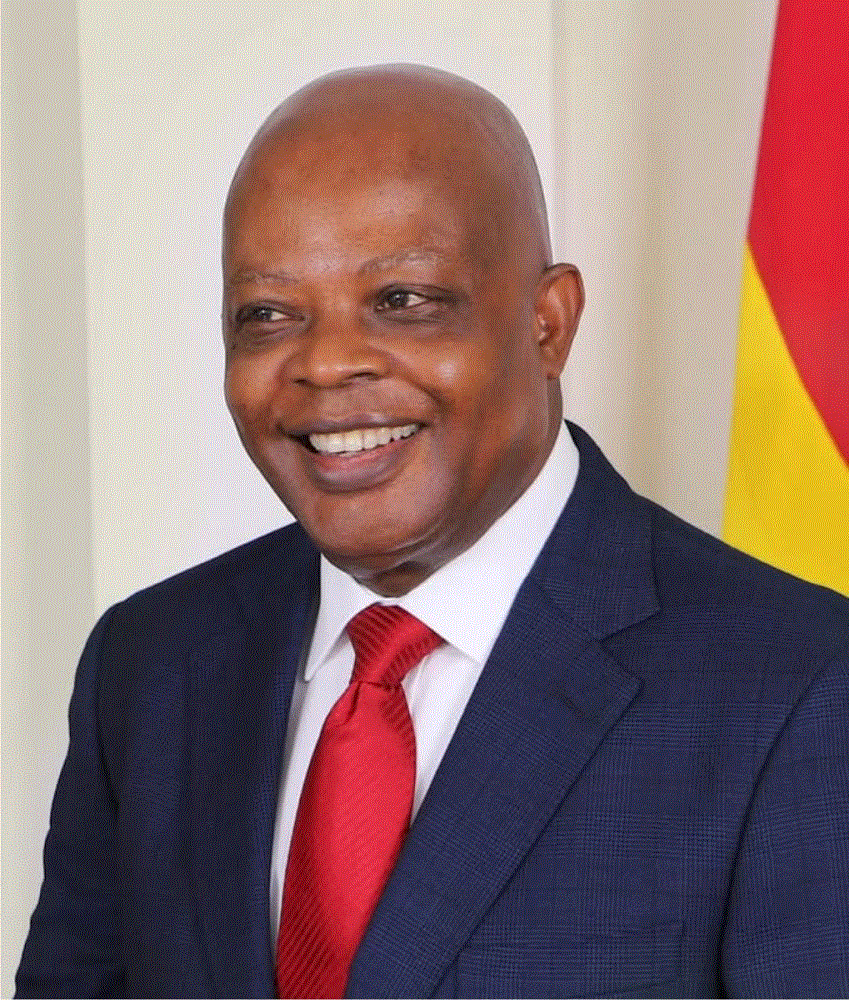Rivers Emergency Rule: Can Ibas Navigate Partisan Crosscurrents?

Retired Rear Admiral Ibok-Ete Ekwe Ibas, appointed Sole Administrator of Rivers State amid President Tinubu’s state of emergency declaration, faces mounting scrutiny over his pledge to remain a “non-partisan actor.”
In his inaugural broadcast to the people of the state, Ibas made a point of emphasizing his non-partisan role. “I do not come as a partisan actor nor as a competitor in the struggles that have brought us to this moment,” he declared.
This statement carries weight, particularly in a state where political allegiance can dictate public perception and trust.
But critics are arguing that his association with Mr. Ojukaye Flag Amachree — a close ally of former Governor Nyesom Wike — undermines his neutrality in a crisis rooted in Fubara -Wike political rivalry.
This relationship raises questions about the sincerity of Ibas’s intentions and whether he can genuinely distance himself from the political factions that have contributed to the state’s instability.
In the broadcast, Ibas also stated, “I come as a servant of the State, entrusted with the solemn duty of restoring peace and order, so that Rivers State can move forward once again and reclaim its rightful place as the Oil and Gas Capital of Nigeria and, I dare say, Africa.”
This ambitious vision for the state’s future resonates with many who long for stability and economic growth. However, the path to achieving this vision appears fraught with challenges, particularly in light of the ongoing political animosities.
The Sole Administrator’s commitment to ensuring that “the lives and livelihoods of our people are not held hostage by crisis and instability” is commendable.
Still, it remains to be seen how he plans to navigate the entrenched interests of both Wike’s loyalists and Fubara’s supporters. His ability to foster an environment of trust and collaboration will be crucial in this regard.
The declaration of a state of emergency has not been without controversy. Many Nigerians, including political analysts and civil society groups, have expressed their concerns regarding the implications of such a move.
Critics argue that it undermines the democratic process and could set a dangerous precedent for governance in other states facing similar crises. Calls for a reversal of the state of emergency declaration have echoed across social media platforms, reflecting a significant portion of public discontent.
In a state where political loyalty often supersedes common interests, the challenge for Ibas will be to transcend these divisions.
He must work diligently to gain the confidence of Rivers people, demonstrating a commitment to their well-being rather than political allegiances. His actions in the coming weeks will be scrutinized closely, and any misstep could further erode public trust.
As Ibas embarks on this daunting task, he must prioritize dialogue and inclusivity. Engaging with community leaders, civil society organizations, and ordinary citizens will be essential in rebuilding the fractured social fabric of Rivers State.
His administration should aim to create a transparent governance structure that addresses the grievances of all factions involved in the political crisis.
Ultimately, the success of Ibas’s administration will not solely depend on his ability to manage the current crisis but also on his capacity to inspire hope and resilience among the people of Rivers State.
In a time of uncertainty, his leadership could either pave the way for a new chapter or deepen the existing divides. As the people of Rivers State watch and wait, the question remains: can a leader with ties to the very factions that have caused the turmoil genuinely serve as a unifying figure? Only time will tell if Ibas can fulfill his promise of restoring peace and order in a state yearning for stability.




